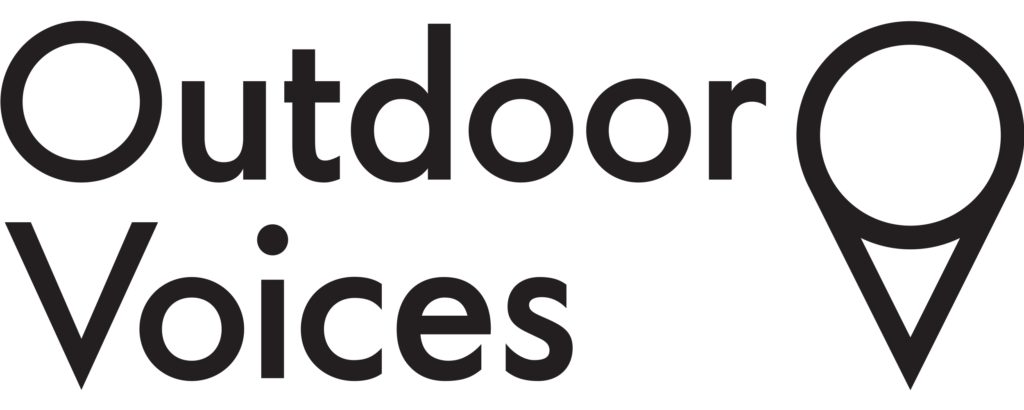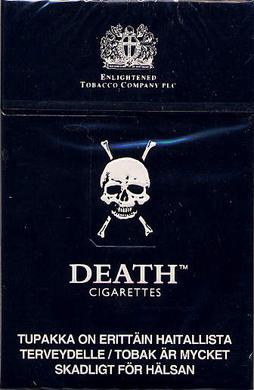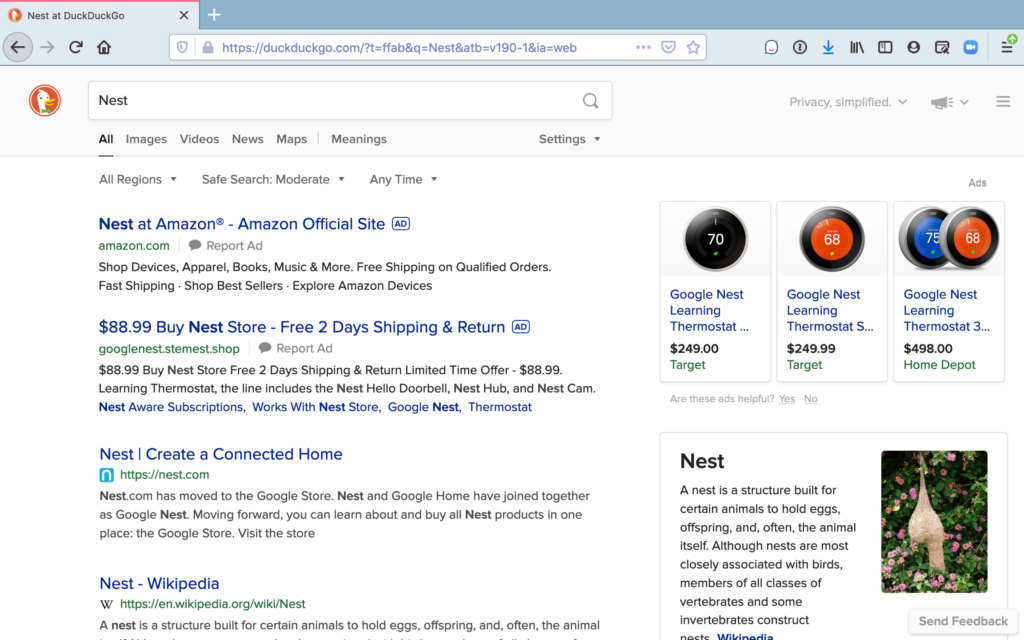Table Stakes: A primer on our universal naming objectives
Whenever we start a new naming project, we always share a set of universal naming objectives with clients. While we also develop objectives specific to each project, these universal naming objectives are the minimum criteria a name should meet in order to be in the mix for consideration. We have a slide dedicated to the subject in our presentations and it reads as follows:
Naming objectives give us a way to evaluate names. They point the way during the creative process and push back against some of the inevitable subjectivity in choosing a name.
A good objective is clear enough to send us in the right direction, but broad enough to allow some creative freedom. This first trio of objectives is general. Regardless of industry, good names should be:
Memorable: Hear the name, remember the name. It sticks.
Engaging: The name prompts a response, whether it’s “Tell me more” or “Oh, that makes sense!”
Easy to find: Your name won’t bury you under a thousand search results.
So how do we, or our clients, know if we’ve met the conditions for any of these? At first glance they may seem a bit subjective and yet the whole reason to have them is to remove subjectivity from an already very subjective process.
Well, here’s how we think about these objectives along with some ideas on how you might use them to guide your own naming efforts.
Memorable
Generally, using real English words is enough here because when you use words people have seen before there’s already a foundation built in someone’s brain. You, then, have the chance to design and build the house that sits atop that foundation—and because there’s a foundation, it’s easy for people to locate the newly built structure.

In other words, you’re building on pre-existing memories instead of starting from scratch. Memorability suffers when you start from zero, like when you smash words together at high speeds and end up with names like Accenture or Xfinity. These names are unfamiliar and uninteresting, so it’s easy for our brains to let them go—we don’t have a place to put them in our mental filing cabinets. That being said, you can get away with these kinds of names when you have stupid huge marketing budgets and can put the name in front of someone enough times that they can’t help but file it away. But why spend a fortune on hammering a name into someone’s head when you can use real words instead, and then spend that stupid huge marketing budget for more important activities like hiring or retention.
For naming bonus points, two- and three-word names can up the mystery factor and give someone the satisfaction of placing the last few pieces into a mostly finished puzzle. For example, most people know the words “mesa” and “boogie.” So when the California-based musical equipment company Mesa Boogie put those words together and started making great guitar amps, people saw a name they hadn’t quite seen before, but wasn’t totally alien. They had the satisfaction of encountering something familiar enough to approach while odd enough to try and unlock, like a good riddle from a friend.

Engaging
If memorability is a test to pass, engaging is a test to pass and then a dial to set. A name will almost always pass the engagement test if it’s not descriptive, because descriptive names are boring.

Once you pass the engagement test, it’s time to set the dial. Admittedly, setting the dial is subjective, but since you’ve aced the test to get here, setting the dial is all about how you want to make people feel. If you have a decent sense for how you want to position yourself, which you should have if you’ve started naming, how you set your dial should be fairly clear.
Set the dial low if you’re looking to get people’s attention without offending them and to minimize the risk they’ll walk away on name alone. This is the zone where a lot of, if not most, companies hang out. And for good reason, it works and no one runs away screaming.

Set the dial a little higher and maybe you’re naming the problem or getting a little weird. Either way, you’re being a little provocative. We like naming the problem as a strategy in certain situations as it empathizes with your audience by showing them you understand what their needs are.

Another naming strategy in this zone could be two- or three-word names that are constructed intentionally in a way that says something one word couldn’t—that each word bounces off the other and creates a kind of multiplier effect.

Set the dial to 11 if you’re looking for a big reaction. I wish more brands would go here, if only because plenty of startups fail and why not do everything you can to stand out and get people’s attention.

Easy to Find
This objective takes a little research. First, fire up a search engine and search your proposed names without any keywords to see if any big company shows up, or, if there are a massive amount of hits that look like they might bury you.

If you feel like you’d be totally drowned out here, put a pin in that thought and move on to the next step.
Now, add relevant keywords. For example, if you’re selling lawn mowers, add “lawn mowers” and see what the results look like. Most people should use keywords when they’re trying to find you, as most people don’t expect you to be at yourname(dot)com. They use a search engine and add keywords.
Then mentally balance the results of the first and second steps and if you’re going to be drowned out in both cases, consider a different name. If the searches with keywords are relatively innocuous, and the first search didn’t hit a Fortune 500 company, or a topic that has millions and millions of hits, you’re in the clear.
If you’re not comfortable assessing your results, consider reaching out to a reputable SEO firm or asking your most internet savvy friend. No matter what results you get, you’re probably going to be fine even with some bigger hits on the first search. The goal here is to avoid being so buried that when you fire up a well-built site you still can’t get traction with relevant keywords. That’s pretty rare these days because search engines are amazing and nearly everyone uses them.
So, if your names satisfy these three objectives, that’s great. The next big question is if they help you tell a story about who you are and how you’re different—then you’re just about golden. If your attorney says you should be able to trademark the name, then you’re really golden.
Happy naming!

